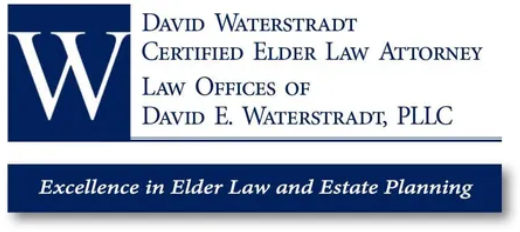950 W Norton Ave Ste 405 Muskegon, MI 49441

Is Your IRA Safe?
Michigan law provides some creditor protection to IRAs and other types of retirement accounts such as 401(k) and 403(b) accounts. Under the law, a judgment creditor cannot seize these types of accounts to pay off a debt owed by you. However, the protection offered by this law is limited. The most common type of major creditor for retired persons is a medical creditor, whether a hospital, doctor or nursing home. If you do not have coverage for these types of expenses, or if you exceed the limits of your coverage, the State of Michigan will force you to exhaust or substantially deplete your retirement accounts (including, if married, your spouse’s account) by denying Medicaid coverage until the account is spent down. The other major threat to retirement accounts occurs upon death. When children inherit an IRA, that inherited IRA is no longer entitled to the protections that you had during your lifetime, according to a recent Supreme Court decision. Therefore, if your child is having creditor problems or going through a divorce at the time of your death, or after your death, the inherited IRA is subject to seizure by the child’s creditor.
Protecting Retirement Accounts With Trusts
You can enhance the protection accorded your retirement account by providing for the account to be left to a spouse or children in trust. In the case of a spouse, an IRA left to a properly designed testamentary trust is considered an exempt asset by Medicaid. In contrast, an IRA that is simply rolled over by a surviving spouse is fully available to nursing homes and other medical creditors.
In the case of children, if a retirement account is lift to a properly designed trust, the account will receive protection from creditors, including ex-spouses. The protection that is available is greater if you arrange for a third party to be trustee of the trust. However, even if you desire the child to be trustee of his or her own trust, the protections available under the law are much greater than leaving the retirement account to the child outright.
What about taxes?
Many financial advisors tell their clients not to leave their retirement accounts to a trust because they have heard that there are adverse tax consequences to doing so. In particular, retirement accounts left to a poorly designed trust will be required to parcel out distributions to the beneficiary over a much shorter time period. This can increase income taxes by bunching retirement account income into a few short years. However, a well-designed trust allows an heir to stretch distributions over his or her life expectancy just as if you left it to him or her outright.
The other potential tax problem with leaving a retirement account to a trust for a beneficiary is that trusts have compressed income tax brackets. This means the trust will reach the highest income tax bracket with much lower income than an individual. However, a trust receives a deduction for distributions to its beneficiary. Therefore, when a trust receives the minimum required distribution from the retirement account each year, if there are no current creditor problems, the trustee can pass the distribution on to the beneficiary and the tax treatment will be the same as if the distribution came directly to the individual beneficiary. If there are current creditor problems (ie., spouse is in a nursing home or child is getting a divorce) the trustee can hold on to the distribution and pay the additional taxes. The additional taxes are a small price to pay to avoid losing the entire distribution to the nursing home or other creditor.







Navigation
Contact Info
Tel:
231-773-1169
Fax: 231-773-1179
950 W Norton Ave Ste 405 Muskegon, MI 49441
- Mon - Fri
- -
- Saturday
- Appointment Only
- Sunday
- Closed
Get In Touch
Contact Us
We will get back to you as soon as possible.
Please try again later.



